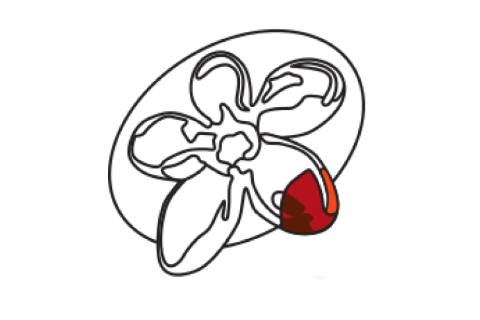
Professor Wieland B. Huttner
Max Planck Institute of Molecular Cell Biology and Genetics – Dresden Germany
- 13:30
- Monash University Clayton Campus, Seminar Room Level 3 15 Innovation Way
- Monash University
Abstract
Our group studies neural stem and progenitor cells in the context of the expansion of the neocortex in development and evolution. Two major classes of cortical stem/progenitor cells can be distinguished. First, stem/progenitor cells that reside in the ventricular zone (VZ), i.e. neuroepithelial cells, apical radial glia (aRG) and apical intermediate progenitors, collectively referred to as apical progenitors (APs). Second, stem/progenitor cells that reside in the subventricular zone (SVZ), i.e. basal radial glia (bRG) and basal intermediate progenitors, collectively referred to as basal progenitors (BPs). Neocortex expansion is thought to be linked to an increased abundance and proliferative capacity of BPs. To gain insight into the genomic changes that underlie neocortex expansion, notably in humans, we have analysed the transcriptomes of human vs. mouse VZ and SVZ, and of human vs. mouse aRG and bRG. This led to the identification of the human-specific gene ARHGAP11B as a major player. Specifically, ARHGAP11B promotes the generation of BPs from aRG and the subsequent BP proliferation, thereby increasing BP abundance. Moreover, ARHGAP11B is able to induce folding of the embryonic mouse neocortex, which normally is smooth. The ability of ARHGAP11B to amplify BPs is based on a single C-to-G base substitution which creates a novel splice donor site, causing a reading frame shift and generating a humanspecific 47-amino acid sequence that is thought to be key for BP amplification.
Bio
Professor Huttner studied medicine in Hamburg and Oxford and received his doctorate at Hamburg University. He continued with his post-doctorate at the Max Planck Institute for Experimental Medicine and at Yale University. He was appointed Head of a junior research group at the Max Planck University of Psychiatry, and went on to Würzburg University. In 1985 he was made Group Head of the European Molecular Biology Laboratory, and then full Professor and head of the Institute of Neurobiology Heidelberg University. In 1991 he was made Director and Scientific Member at the Max Planck Institute of Molecular Cell Biology and Genetics. Professor Huttner attained his title of Honorary Professor for Neurobiology at the Dresden University of Technology in 1998 and is Chair of the Scientific Council of the Max Planck Society since 2009.
Wieland B Huttner Flyer (PDF)
